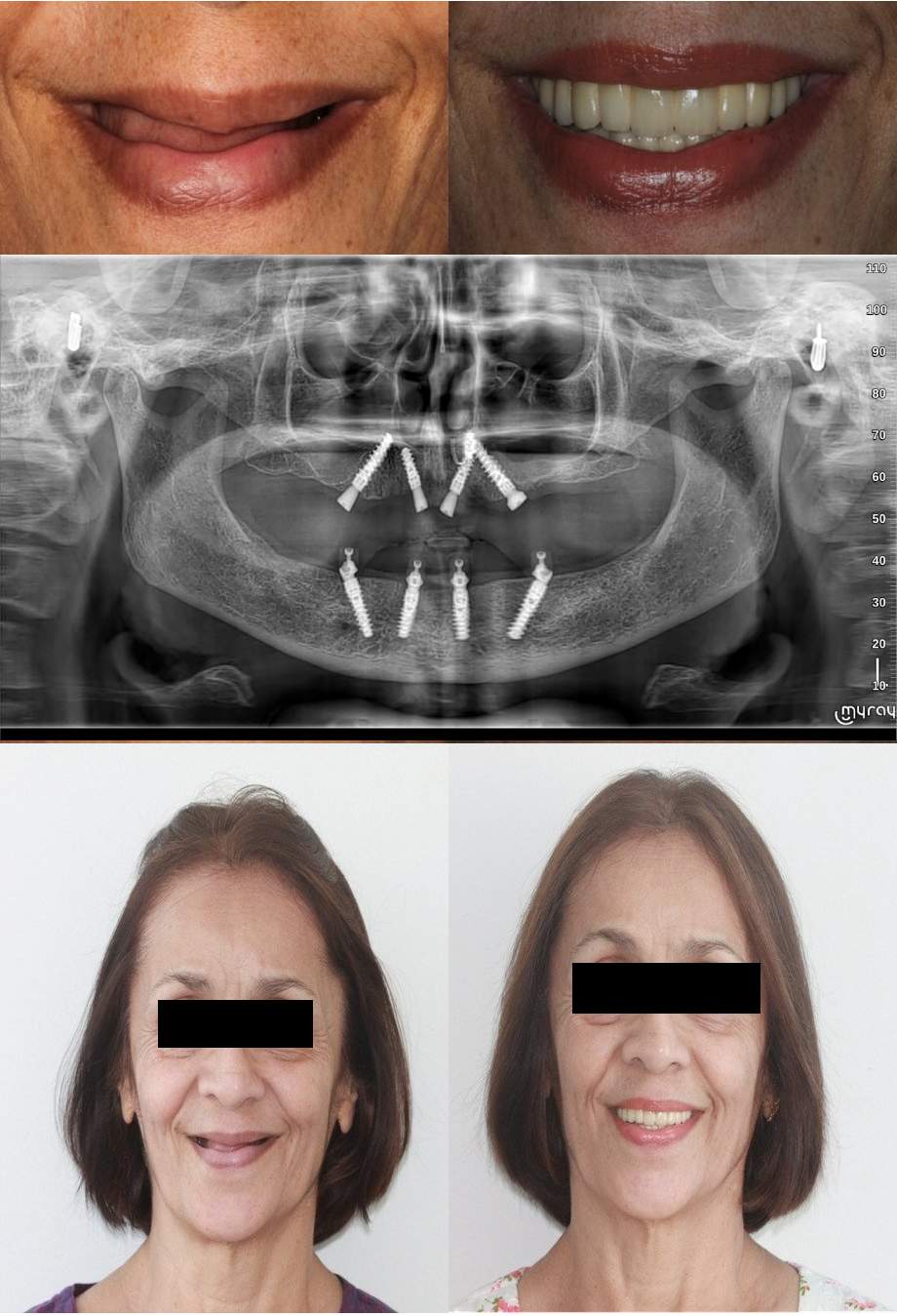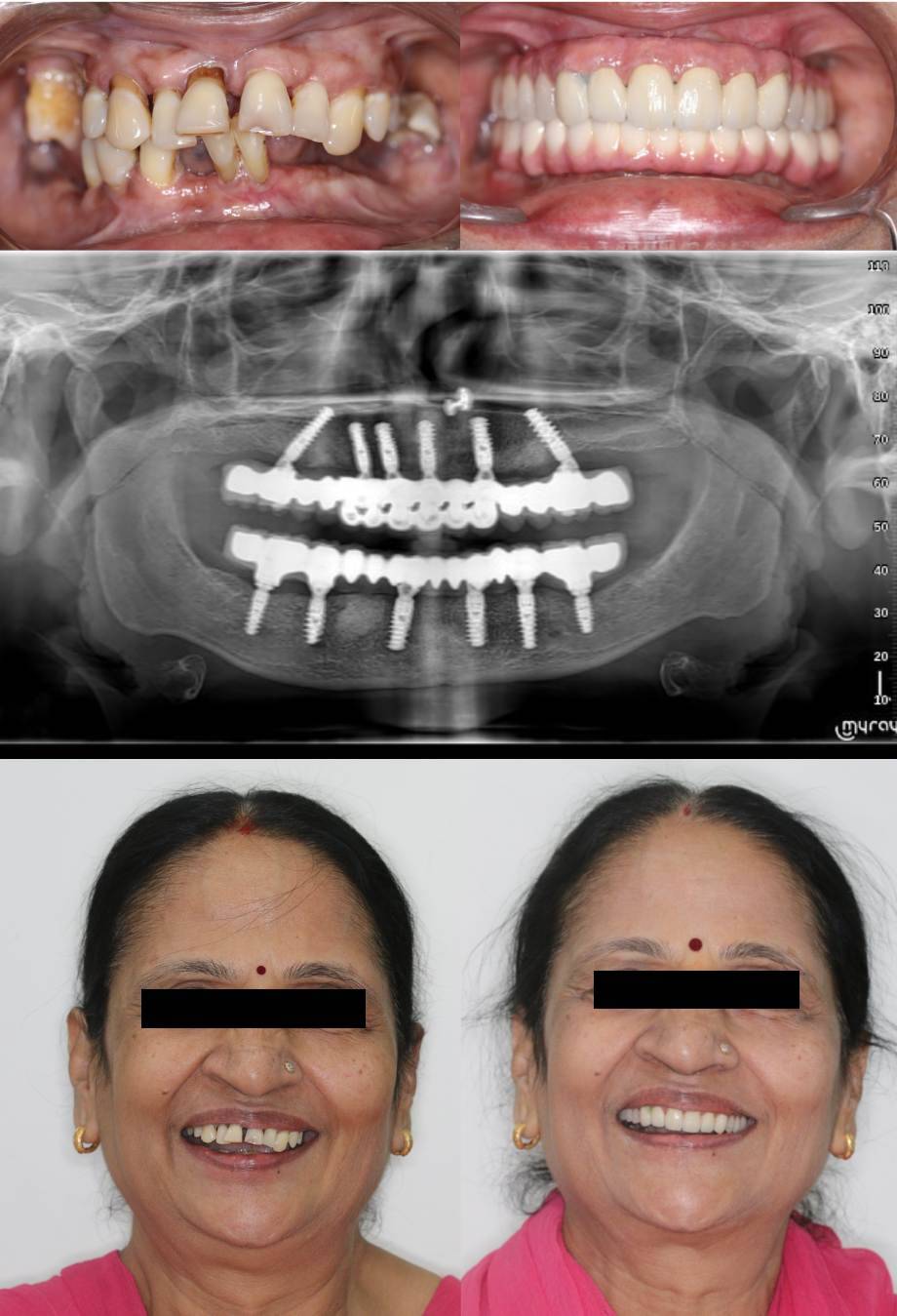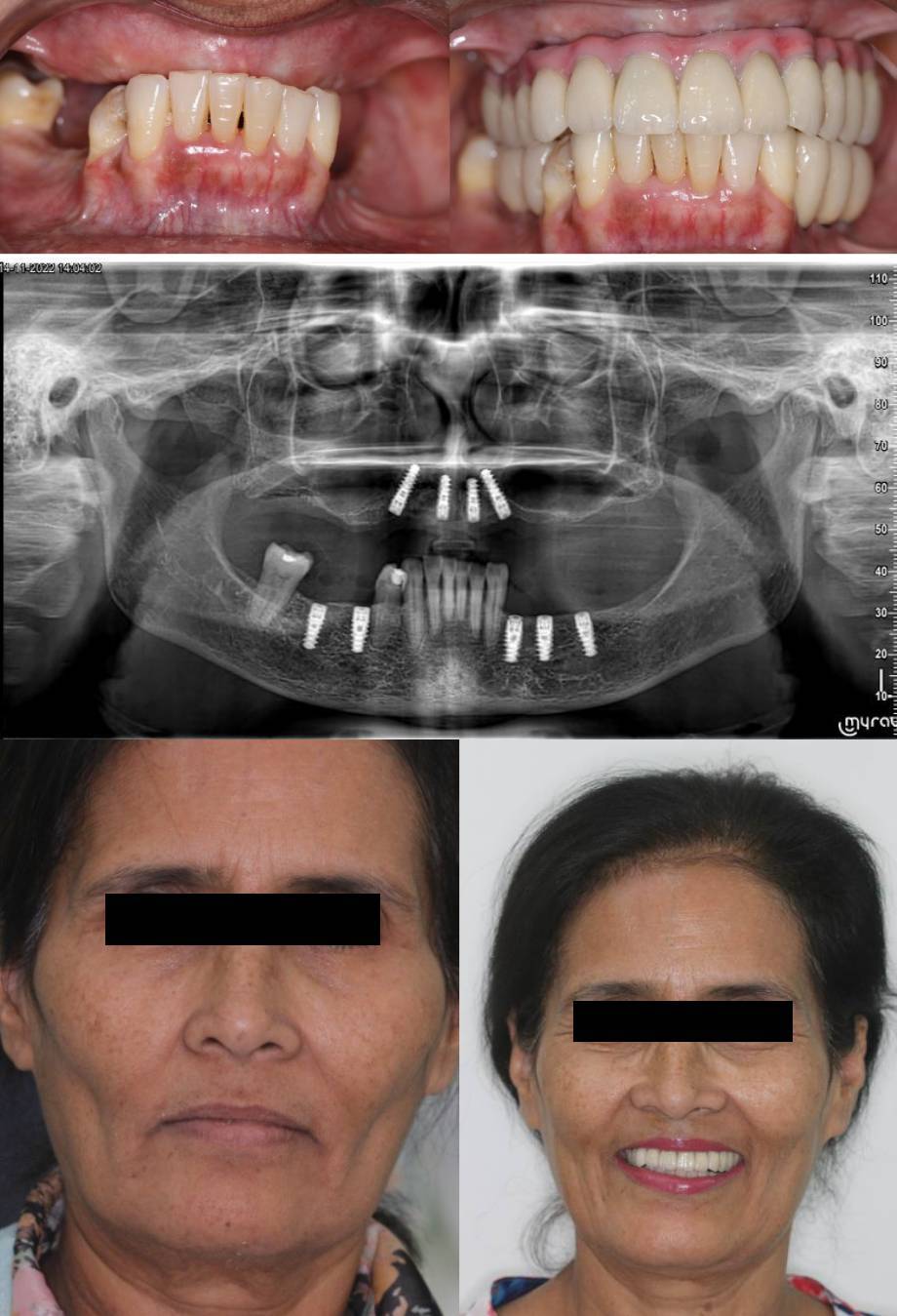Welcome to Smilex
India’s Leading Dental Implant and Aligner Center
Dr.Vijay Deshmukh, MDS is Founder of Smilex. He has dedicated his entire professional life 34 plus year towards Implant science to grow in India .His extensive knowledge, research, clinical practice and training of Implantology has helped Implantology grow in India.
Today Smilex is Leading Center providing Full mouth dental implants, All – on 4 , All -on- 6 , GBR, Sinus lift, digitally guided – Implantology with the help of best implant specialists team in India.We are doing thousands of cases with outstanding success.
We are “All – On – 4 Center of Excellence ” delivering fix teeth with in 72 hours.
Dr.Sonali Deshmukh, MDS is Co- founder of Smilex. She has dedicated her entire professional life of more than 29 years plus towards growing of Orthodontics in India .Her wide experience in teaching, research, training and clinical practice has helped thousands of patients in her more than 25 years of practice of Orthodontics.
We are Leading Center provider world class Invisalign Aligner for many years with outstanding Success.
We are “Center of excellence in Aligner technology ” in India.
Full Mouth Dental Implants-International Patients

Why All – on – 4 at Smilex ???
We are All – On – 4 Center of Excellence
Awarded By Famdent as Best Dental Clinic Interior in India, 2021




India’s Leading Dental Implant
and Aligner Center
India’s leading dental implant centers
Dr. Vijay Deshmukh, MDS is founder of Smilex .Since 1992 he is pioneering in dental implants in India and had launched Implants in different parts of India.
Through his vision many dental implant procedures were introduced in India. He actively trained hundreds of dentist in India.
He is authority in guided bone regeneration, full mouth dental implants, same day dental implants and All – on – 4 dental implant.
We are All – on – 4 center of excellence, we deliver full mouth dental implants with 99% Success rate .Our specialists team of full mouth dental implants deliver immediate PMMA dental bridge to patients immediately or with in 72 hours.















